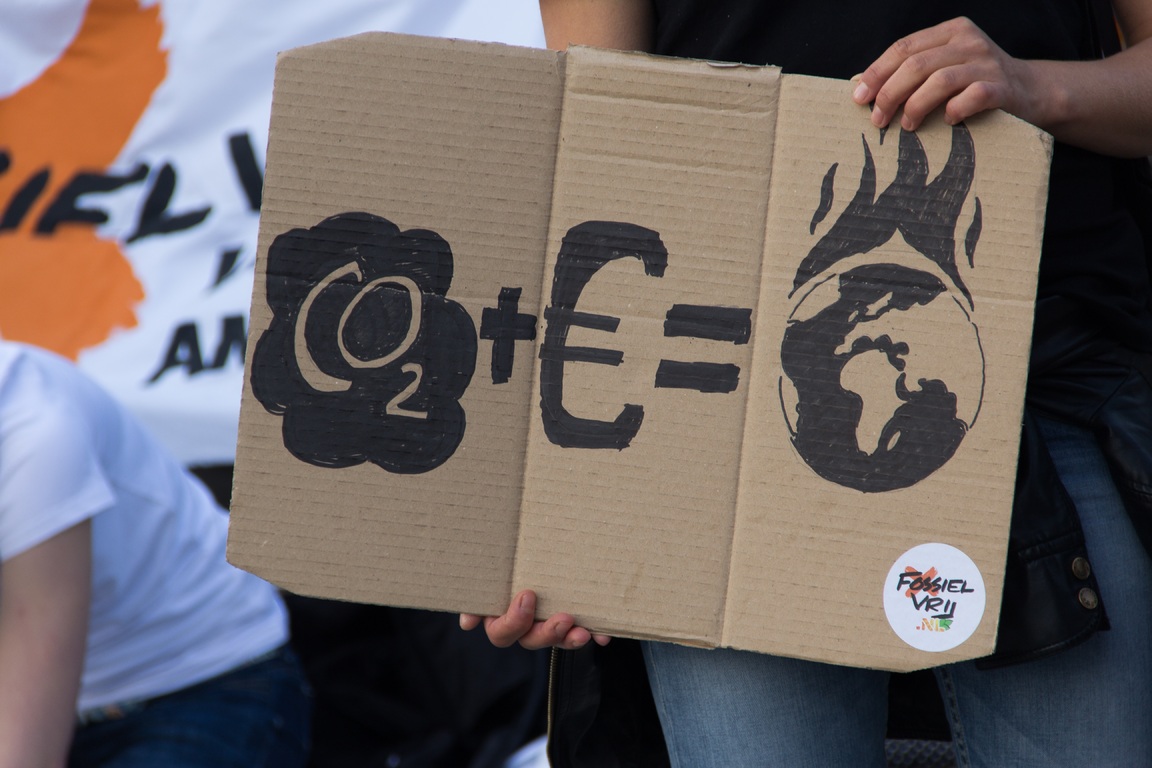Inflation has become a hot topic in recent years, impacting everything from groceries to housing and travel. But what does rising inflation truly mean for everyday consumers? At its core, inflation is the increase in the general price level of goods and services over time. When inflation rises faster than wages, it erodes purchasing power—meaning your money buys less than it did before.
For consumers, this shows up in several ways: higher food and fuel prices, more expensive rent, and increased interest rates on loans and mortgages. It can make budgeting harder and savings less effective. Central banks like the U.S. Federal Reserve or Nepal Rastra Bank often combat inflation by raising interest rates, which can slow down borrowing and consumer spending.
On a global scale, inflation can be caused by supply chain disruptions, rising demand, or increases in production costs. Recently, post-pandemic economic recovery, geopolitical tensions, and energy crises have all contributed to higher inflation worldwide.
So, what can consumers do? Understanding your expenses, building an emergency fund, and exploring investment options like inflation-protected securities or diversified mutual funds can offer some buffer. While inflation is a natural part of economic cycles, being financially informed helps you stay prepared and make smarter choices during uncertain times.
Would you like featured image ideas or social media captions for each blog?
Ask ChatGPT








Leave a Reply